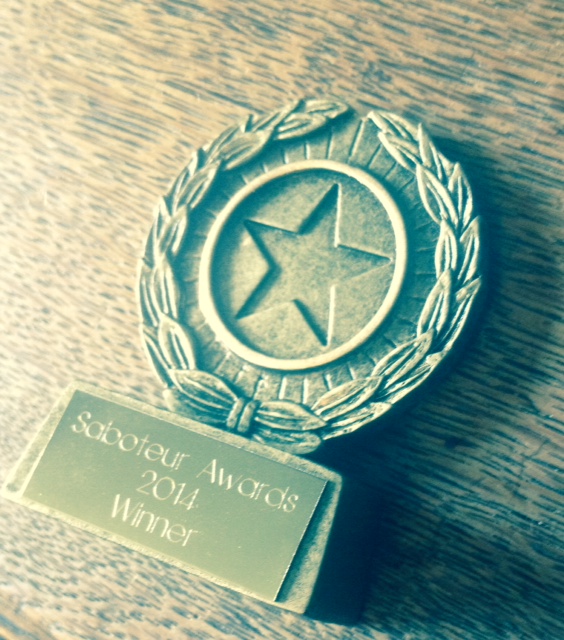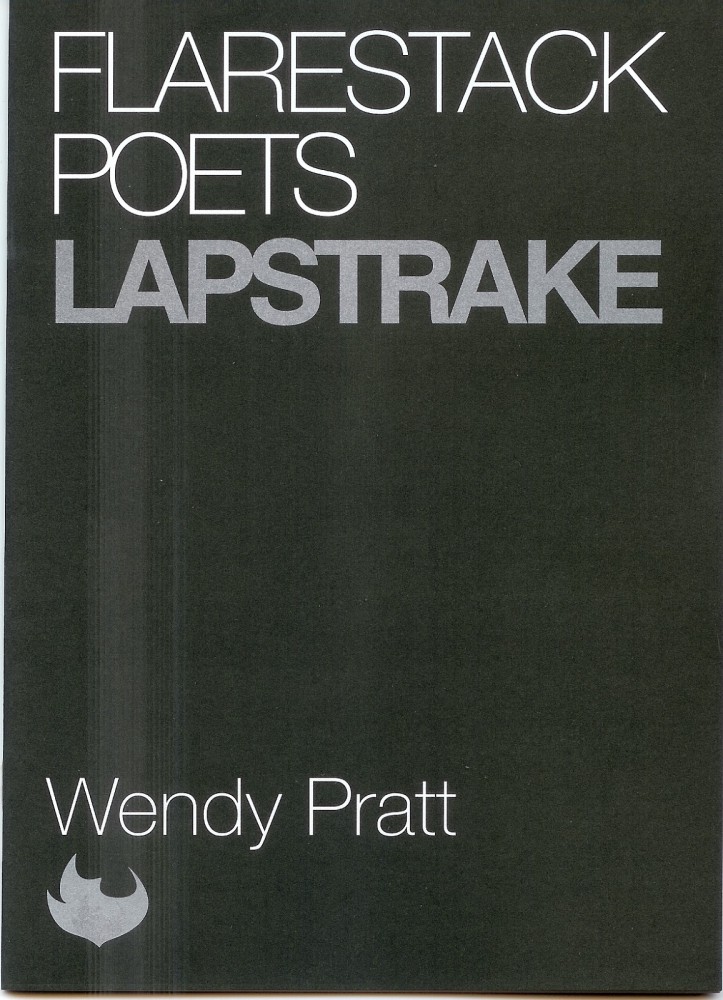‘Brumaire and Later’ by Alasdair Paterson
-Reviewed by Alex MacDonald–
When President of the European Union, and former President of Belgium, Herman Van Rompuy, announced in 2010 that he would be publishing a limited run of his book of haikus, the news was met with surprise. Few people outside of Belgium knew of his poetic preoccupation, and even fewer people would have guessed he had it in him.
Poetry and politics don’t often mix. To Van Rompuy, his poetry was entirely separate from his matters with the state – in a BBC Interview, he stated that the haiku was, to him, “an aversion to the sophisticated and over-complicated world”. Alasdair Paterson’s collection Brumaire and Later, one of his first after a 20 year gap in writing, shows that when politics instigates poetry to order this ‘over-complicated world’, it often contradicts reality than enforces it.
Paterson’s collection is in two parts and takes both the French Revolution and post-revolutionary Russia as its focal points – both of which utilised a calendar where every month and every day was renamed after food, fauna and other objects, on the suggestion of a poet. But what comes across immediately throughout Paterson’s collection is the turbulent and often unsettling conflict between reality and the aspirations of poetic revolution.
The first section, Brumaire, focuses on the slow unravelling of lives in the face of the Revolution. In the first poem ‘Apple’, it just as easy as those tending the land to “walk sure-footed in the dim russet” as it is to “unwrap the weapons”, Paterson can even afford to be humorous at this early stage – ‘Celery’, the second poem, starts “Today we’ll be looking through / what’s called the revolutionary window / Each time it opens and shuts / the view is bound to change”.
But one of the strongest qualities of this book is a sense of foreboding and danger. Take the opening to ‘Pomegranate’, one of the best poems in the collection:
‘The soldier boys know nothing
of the world but how to end it;
nothing of books but how they burn.
Fire’s another slow reader
to begin with, then it skims,
remembering all it knows already.’
What we see in Brumaire is that the ‘Revolutionary Window’ can throw up some horrifying images amongst the initial revelry and overthrowing of a government – ‘Pomegranate’ ends with a mother pleading with ignorant soldiers for her daughter back as ash clogs up the public fountains. Revolution, too, is a slow reader.
In the second section, Later, this helplessness becomes acute – we are given scene after scene of the homeless masses, orphaned from Mother Russia in the deep snow in the name of revolution.
Upon reading this section, it clearly stands out as the stronger of the two. Here, Paterson’s writing is emotionally nimble. Take a poem like ‘Bones’, which starts with a gambit worthy of Hughes:
‘Over the pine needles,
over moss and mushrooms,
over assorted bones,
snow grows plump and smooth
as bedtime stories’
Only to end with “The note by my bed: I am not dead. I am only sleeping”. Over only a few lines (I have already quoted eight of the eleven lines of the poem) Paterson’s pathos and black, frost-bitten black, humour to display the destitution of those left behind in the revolution is very gently measured and is executed perfectly.
The masterstroke of this section, if not the whole collection, is the tender ‘Swifts’, where a narrator watches a flock of birds “trapped in their velocities” and describes them becoming disbanded, how their togetherness falls apart “like old infatuation”. It’s hard not to draw comparisons with the Soviet regime, how those left behind are trapped in a Government’s velocity, but really, in this poem Paterson displays what poetry, when done properly, can do – distil complex emotions into pithy, memorable phrases that stay with the reader, regardless of time and place.
Unlike Van Rompuy, Paterson does embrace political history in his work and I couldn’t help feeling that the emphasis put on the source material, although crucial to the ordering of the collection, got in the way of me enjoying the verse at times. I was left thinking that if I knew more about both Revolutions I would enjoy it more.
Despite that, my only criticism, I think the verse in this collection is strong, the second section in particular. It left me thinking of the work of Ian Hamilton – tender yet reserved. Above all, it makes me glad he’s broken a 20 year silence.





Pingback: Pity this busy monster – manunkind « Selected Poems